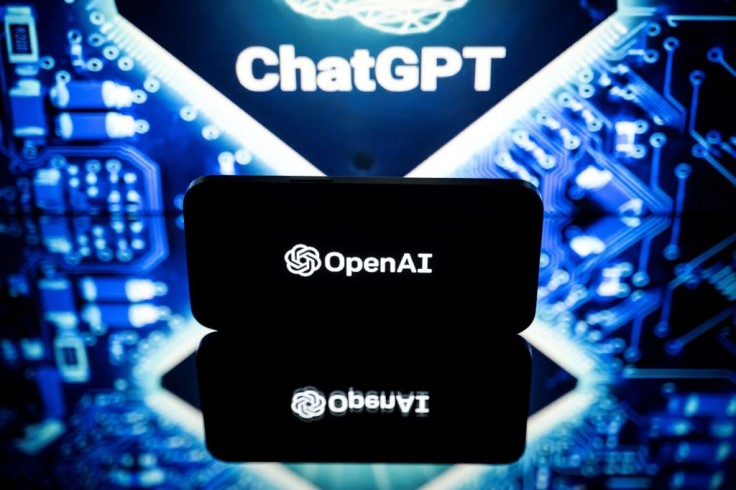
ChatGPT now has a new AI tool to help schools and educators detect academic dishonesty.
OpenAI, the research company behind ChatGPT, has announced a new AI tool that can differentiate between language written by AI and text written by humans.
The company announced that it would release an early version of the tool. It stated that it intends to gather input and hopes to provide updated versions of the tool.
We’re developing a new tool to help distinguish between AI-written and human-written text. We’re releasing an initial version to collect feedback and hope to share improved methods in the future. https://t.co/4dQE3dX6vX
— OpenAI (@OpenAI) January 31, 2023
ChatGPT's new AI tool to detect cheating
OpenAI is a firm that focuses on the development of artificial intelligence technologies. The Verge reported it is the creator of DALL-E and ChatGPT. This newly released tool, known as a classifier, can be used by anybody.
Users need to have an OpenAI account to use the new AI tool. On the website, click the classifier, paste the text inside the box, click the button to start the detection, and it generates results like "very unlikely," "unlikely," and "possibly."
However, in the company's press release, OpenAI stated that just like any of their tools, the new AI tool also has its limitations.
One of them is that the tool needs a minimum of 150 to 250 words, which is 1,000 characters. OpenAI also warned about the ease with which AI-generated text can be altered to avoid being classified.
A further shortcoming is that it will not always be accurate. It is capable of incorrectly labeling both human-written and computer-generated material.
Because it was predominantly trained on English content authored by adults, the classifier is likely to make mistakes when applied to the text produced by youngsters and not in English.
According to OpenAI, despite the huge help its tools could bring, it cautioned against the release of the classifier, saying it is not entirely reliable.
They added that while it is impossible to detect all AI-written text reliably, they believe good classifiers can inform mitigations for false claims that a human wrote AI-generated text.
Compared to their previously released classifier, this new one is significantly more reliable on text than more recent AI systems.
Educational concerns link to ChatGPT
After ChatGPT launched for free on November 30, there has been a widespread buzz about how excellent and helpful the new AI tool can be.
Teenagers, high school students, college students, and even working professionals have been among the millions of users who have begun experimenting with ChatGPT.
While others may have found it extremely helpful, educators around the country of all levels, including parents and guardians, have become worried about its long-term effects on their children.
The new AI tool's power is immense, as it can write and provide numerous pieces of information within seconds to those using it.
Schools and educators worldwide are now questioning how to ensure students are learning.
According to FOX News, by the time classes started for the new year, public school districts in New York City, Los Angeles, and other major American cities had begun to restrict its usage in classrooms and on devices owned by the schools.
This new AI tool comes after the concerns raised by people in the educational system, not just about the company but also about the technology of artificial intelligence.
However, the company stated that it is working closely with educators about the technology, its scopes, and limitations.
Related Article: More Students Getting Hungry as School Lunch Debt Piles Up